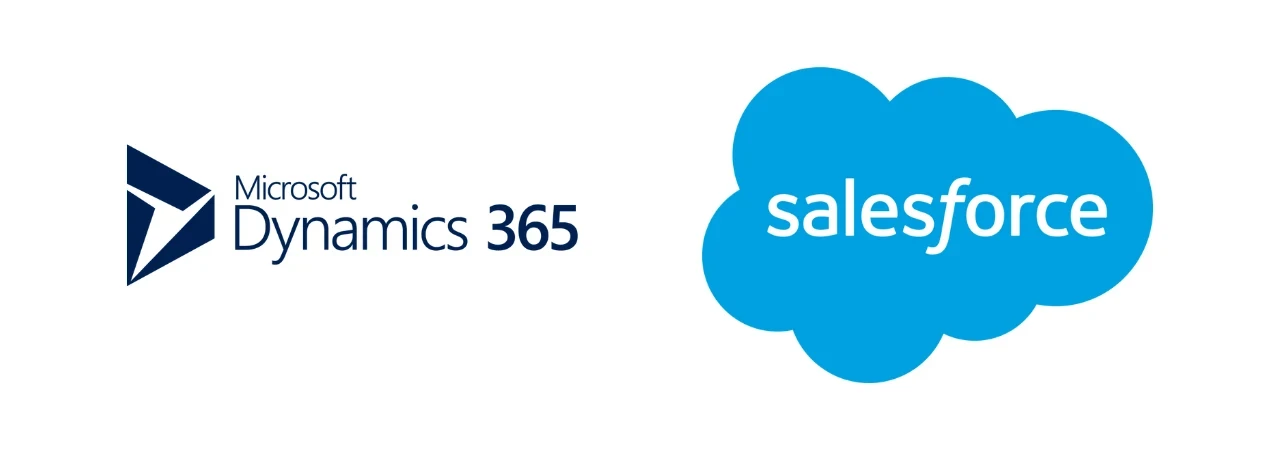
Concluding that it’s the ideal opportunity for your business to execute a CRM is a major step. With such a great amount of depending on settling on the correct decision, notwithstanding, it very well may be a pretty overwhelming time as well. With a bounty of CRM products to browse in the present market, it tends to be dubious to realize where to start your search.
There are CRMs out there for each organization type, size, and specialty; on the off chance that you let your individual necessities illuminate your search, you ought to have the option to locate a decent counterpart for your conditions. Yet, in the event that a comprehensive, set up seller is the thing you’re pursuing, you should begin by taking a gander at market pioneers. however, the explanation that big merchants like Microsoft and Salesforce have figured out how to move to the top is the profundity and degree of their abilities. Salesforce have created wide usefulness to bring to the table substantially more than the centre capacities you’d anticipate from a CRM Solution.
Difference between Microsoft Dynamics and Salesforce:
Deployment:
Salesforce is cloud-based, while Microsoft has on-prem and hybrid deployment options
Community Feature:
There is a vibrant developer community on Salesforce’s AppExchange. Microsoft Dynamics CRM does have its own app store.
Pricing:
Microsoft is significantly higher, starting at more than double that of Salesforce’s basic tier
Features:
Salesforce:
Salesforce’s CRM service is comprised of numerous individual modules or Clouds. Organizations can single out which of these Clouds to implement in their business, contingent upon what they’re wanting to accomplish. These modules cover all the fundamentals of CRM functionality, including sales, data management, marketing and can be finished by adding more modest pro modules to present capabilities, for example, marketing automation and field services.
The three key components to Salesforce CRM are:
Sales Cloud:
Contact Management, Opportunity Management, Lead Management
Service Cloud:
Lightning Service Console, Case Management, Omni-Channel Routing
Marketing Cloud:
B2C Journey Management, B2B Marketing Automation, Social Media Marketing
Additional modules include:
Commerce Cloud Digital:
An e-Commerce platform
Pardot:
Marketing automation service
Field Service Lightning:
An app for managing employees and workflows in the field.
CPQ:
A pricing management service
DMP:
A data management platform
Community Cloud:
A self-service portal builder
Einstein:
An AI-driven analytics service
Microsoft Dynamics 365:
Dynamics 365 additionally includes three essential CRM-cantered applications, Each application can be utilized as independent assistance, or related to any of the different applications from the Dynamics 365 suite. The entirety of Microsoft’s products, including Dynamics, Office, and Outlook, share a similar information show and can use and gain from information from overall products.
The apps that makeup Dynamics 365’s CRM service are:
Dynamics 365 for Sales: Customer data management, Task management, Partner relationship management
Dynamics 365 for Customer Service: Cross-channel customer case management, Self-service portals, Knowledge base management.
Dynamics 365 for Retail: Payments, Purchase orders, Sales tax, Inventory management
Microsoft also offers additional apps including:
Project Service Automation:
project-based business management for resource planning and automation
Field Service:
an app for managing employees and workflows in the field.
Microsoft Social Engagement:
social media management and social listening app (included with both Sales and Customer Service at no additional cost)
Microsoft Relationship Sales:
a sales navigator integrated with LinkedIn data.
Microsoft Dynamics vs Salesforce: Pros and Cons:
Pros: Salesforce:
Salesforce deals with its client direction in-house and is notable for its client-driven attitude. Trailhead, the training network for Salesforce users, is regularly praised as one of the organization’s most noteworthy resources.
The organization’s AppExchange is one of the biggest B2B stores in the business, highlighting a vast number of third-party reconciliation to assist organizations with getting more out of the platform.
Cons: Salesforce
Salesforce is an independent CRM software. If you need Salesforce to impart data to some other business software, for example, your ERP solution, you should introduce connectors. If you utilize a ton of another software, the expenses for these combinations can mount up.
Pros: Dynamics 365
Dynamics 365 is competitively evaluated and adaptable in its permitting model, making it more affordable and open for smaller organizations.
Dynamics 365 has a native mix with LinkedIn. Dynamics 365 for Sales and LinkedIn Sales Navigator move together to make Microsoft Relationship Sales, which utilizes LinkedIn information to distinguish leads and help build connections through customized commitment.
Cons: Dynamics 365
Although Dynamics 365 for Sales includes some marketing automation capabilities, Dynamics 365 does not right now have a purpose-built marketing model.
Dynamics 365 can be tweaked, yet associations may discover the customization cycle testing to ace without development information. It likewise underpins less third-party reconciliation than Salesforce.
Why Salesforce?
Salesforce has had a lot of time to integrate with a variety of platforms, and so has an advantage here depending on your business environment. There is a vibrant developer network on Salesforce’s AppExchange. That people group creates a wide exhibit of additional add ons and modules for Salesforce. This can make an interpretation of convenient solutions to a particular issue you may have, or progressed usefulness you did not know you required. If you are more concerned with user education and having a robust, ready-to-go marketing solution at your disposal, Salesforce could be worth a try.
Why Smaartt?
As a platinum partner of Salesforce, our CRM team has the aptitude and experience to manage you to the CRM solution that will serve your most testing business needs. From fundamental executions to complex customizations, we will deal with the venture with scrupulousness, so you capitalize on your framework from the very beginning.

